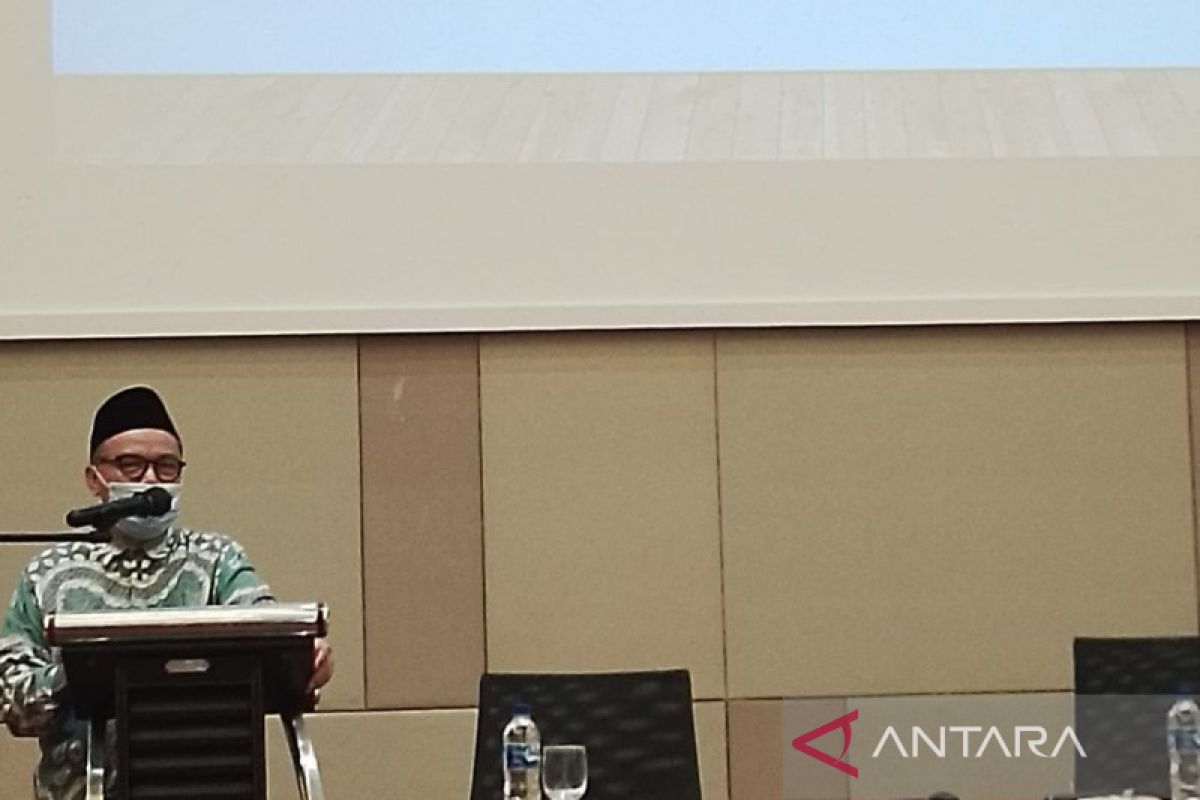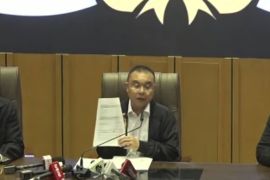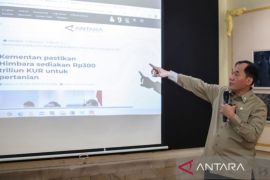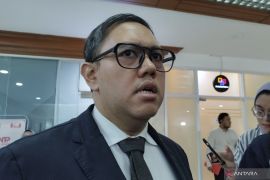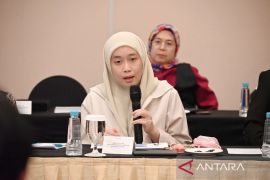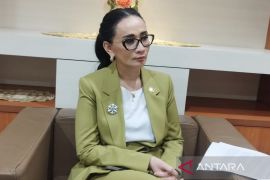"Currently, the signs of the food crisis are already being felt. The government must anticipate it in various ways and programs," he stated during a visit to Padang here on Friday.
Hermanto noted that these signs are apparent from the conversion of agricultural land, climate change, the rise of imported food products, the lack of state budget allocations for the food sector, the lack of agricultural technology, and the inconsistent implementation of programs to realize food sovereignty.
According to the legislator, the conversion of agricultural land poses a serious threat to the food crisis because when land conversion is conducted on a large scale, then the area of agricultural land will inevitably decrease, thereby resulting in a decline in agricultural productivity.
Hermanto believes that climate change is also difficult to control, as global climate change is caused by industrial activities and the greenhouse effect.
"Hence, the government must work hard to minimize the effects of global climate change by realizing the green Indonesia program," he remarked.
The legislator pointed to the increasing number of imported food products entering the domestic market to meet industrial needs.
"At the same time, domestic food products are not absorbed by the industry because of the issue of product standardization that makes people depend on imported food products," he remarked.
He noted that the state budget plan in 2023 for the food sector is divided into three: Rp13.7 trillion at the Ministry of Agriculture, Rp6.1 trillion at the Ministry of Maritime Affairs and Fisheries (KKP), and Rp6.18 trillion at the Ministry of Environment and Forestry (KLHK).
Related news: Indonesia to export rice to three Asian countries: Minister
"The total budget value is not sufficient to deal with the food crisis. It is very low as compared to other non-food sectors," he pointed out.
Moreover, the minimal state spending for the food sector is dominated by the allocation of funds to support management, so spending on food productivity is very low.
Moreover, the findings and the current use of agricultural technology are insufficient to support the increase in productivity and quality of food products.
"The agenda and work of the government and business actors do not focus on realizing food sovereignty," he remarked.
Hence, Hermanto urged the government to be serious and have in place a grand strategy to solve this problem, especially in the efforts to increase the budget, develop appropriate agricultural technology, encourage domestic food productivity and absorption, and strive to reduce food imports.
"Then, it is also essential to focus on realizing food sovereignty," he remarked.
Related news: Indonesia to raise food issue at G7 Summit for Partner Countries
Translator: Katriana
Editor: Rahmad Nasution
Copyright © ANTARA 2022
